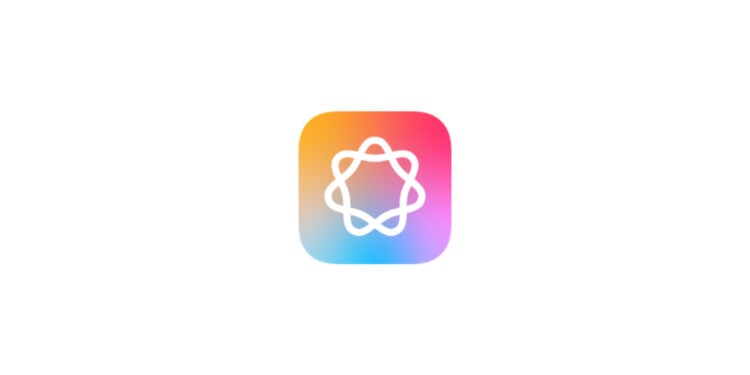In recent months, Apple has ushered in a new era of artificial intelligence with the introduction of iOS 18.1 and iOS 18.2. The new AI features are not only notable for their technical sophistication but also for Apple's business strategy. While other companies charge for AI services, Apple takes a different approach. Tim Cook, CEO of Apple, has made it clear that the company never intended to charge for AI. Why this is the case shows not only Apple's philosophy but also its long-term vision.
Many companies see AI as a lucrative source of income. Payment services, subscriptions or fees for access to AI-supported functions are not uncommon. Apple stands out here by classifying artificial intelligence as a fundamental technology - similar to multitouch, which once revolutionized the smartphone world. Apple's CEO Tim Cook recently clarified this attitude in an interview with WIRED, thereby also highlighting a crucial difference to its competitors. But why does Apple forego additional income from AI?
The reasons behind Apple's decision
Apple sees AI as a fundamental technology
In an interview with Steven Levy from WIRED explained Tim Cook said that Apple does not see AI as a separate, paid feature. For him, AI is a "fundamental technology" that is integrated into devices like multitouch or Touch ID. Cook stressed that Apple has never talked about monetizing AI. Apple's AI features, introduced in iOS 18.1 and 18.2, are intended to be accessible to all users of a compatible device, at no additional cost.
Hardware remains Apple's main source of income
Apple is very different from other providers, whose business models are often based on subscription services or paid software. For Apple, hardware is and remains the most important revenue driver. The iPhone, iPad and Mac not only finance the development of new software but also the integration of innovative technologies such as AI. Just like multitouch, which came with the first iPhone, Apple's AI is tied to the devices. You can only use the AI functions if you own a corresponding Apple product.
AI as part of the Apple ecosystem
Another important point is how Apple designs its entire ecosystem. The AI functions are not intended as standalone products but as part of a seamless integration between hardware and software. This strategy strengthens customer loyalty and increases the value of the devices. It is a conscious step that shows that Apple does not just want to sell devices but offers a holistic user experience.
Strategic advantage through waiving fees
By not charging for AI services, Apple gains an advantage over its competitors. Other providers charge their users regular fees, which results in higher costs in the long run. Apple, on the other hand, offers its AI functions "for free," with the costs already covered by the purchase of the hardware. This makes for a more attractive offer and stronger customer loyalty.
Sustainable strategy and long-term vision
With this decision, Apple shows that innovation does not always have to be tied to immediate profits. The company is pursuing a long-term strategy in which new technologies such as AI are integrated directly into the devices without charging additional fees. This is in line with Apple's philosophy of not burdening users with additional costs but offering them a complete package through the ecosystem.
Cupertino's approach and what it means
With its stance, Apple shows that artificial intelligence does not have to be viewed as a standalone product but as an integral part of the user experience. By waiving fees, the company remains true to its line of offering high-quality products and technologies that come with no hidden costs. Tim Cook knows full well that Apple's success lies in the strong connection between hardware and software - and that this is the key to remaining competitive in the long term. For you as a user, this means: If you own an Apple device, you benefit from the latest AI features without having to pay additional fees - in the EU from April 2025At the same time, with this approach, Apple shows that technology is not just a means of maximizing profits but can also help create a consistent and sustainable user experience. Apple remains true to itself - and shows what innovation can look like without placing additional burdens on users. (Image: Apple)
- AI and Apple: Why the gap is only apparent
- Apple Intelligence: A product of seven years of development





